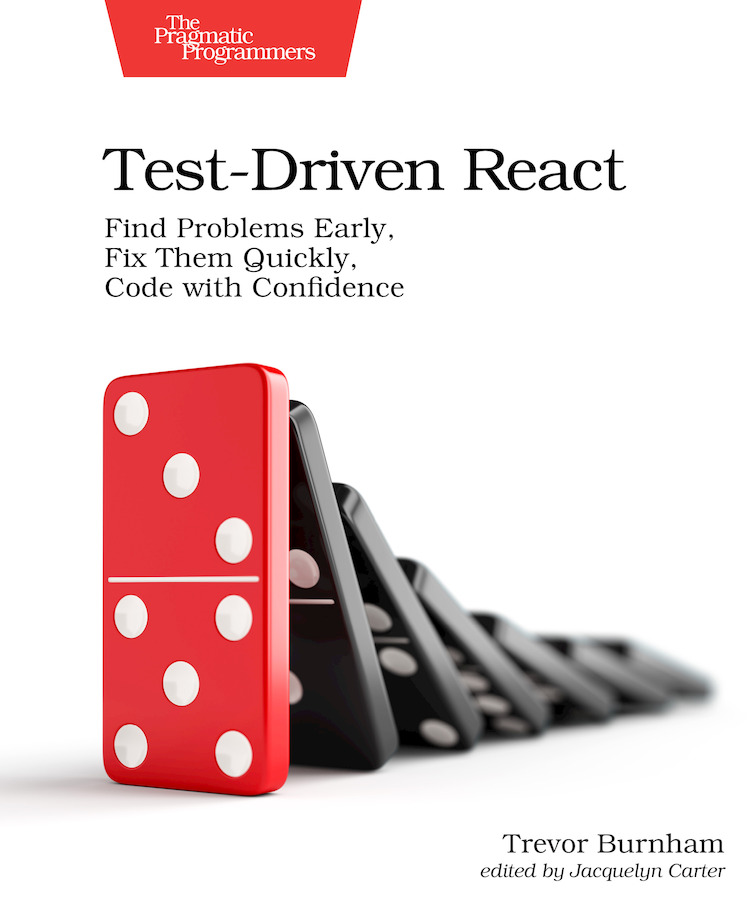

Most ebook files are in PDF format, so you can easily read them using various software such as Foxit Reader or directly on the Google Chrome browser.
Some ebook files are released by publishers in other formats such as .awz, .mobi, .epub, .fb2, etc. You may need to install specific software to read these formats on mobile/PC, such as Calibre.
Please read the tutorial at this link: https://ebookbell.com/faq
We offer FREE conversion to the popular formats you request; however, this may take some time. Therefore, right after payment, please email us, and we will try to provide the service as quickly as possible.
For some exceptional file formats or broken links (if any), please refrain from opening any disputes. Instead, email us first, and we will try to assist within a maximum of 6 hours.
EbookBell Team

5.0
98 reviewsabout React. This is a book about writing React code in a
joyful way. You might learn a few new things about React, but
that’s not my goal. My goal is to help you write better code,
and to have more fun doing it.
In Chapter 1, Test-Driven Development with Jest, you’ll get a
taste of test-driven development, a programming methodology
that uses tests to create a feedback loop as you work. For our
test framework, you’ll use the lightning-fast Jest library.
Chapter 2, Integrated Tooling with VS Code will introduce you
to some of my favorite tools: VS Code, an amazingly powerful
editor; ESLint and Prettier, the ultimate code beautification
duo; and Wallaby.js, which I can only describe as pure magic.
You’ll experience the wonder of instantaneous feedback as
you code.
Then in Chapter 3, Testing React with Enzyme, you’ll start
writing React components and testing them with the Enzyme
library. You’ll get acquainted with Babel, the compiler that lets
you write the JavaScript of the future, today. You’ll build a
complex component the TDD way, with 100% code coverage.
Chapter 4, Styling in JavaScript with Styled-Components is all
about style. You’ll use the styled-components library to add
pizzazz to our React components. All of these styles will be
defined in JavaScript, making them easy to test. You’ll start
using one of Jest’s most powerful features: snapshots. And
you’ll set up webpack so that you can view the fruits of your
labor in the browser.
In Chapter 5, Refactoring with Higher-Order Components,
you’ll learn some important techniques for refactoring React
components. You’ll extract pieces of functionality into higher-
order components (HOCs), encouraging code reuse and
allowing core components to stay small and easy to test. And
you’ll look at your components with X-ray vision through the
power of the React Devtools.
Finally, in Chapter 6, Continuous Integration and
Collaboration, you’ll meet all the
…